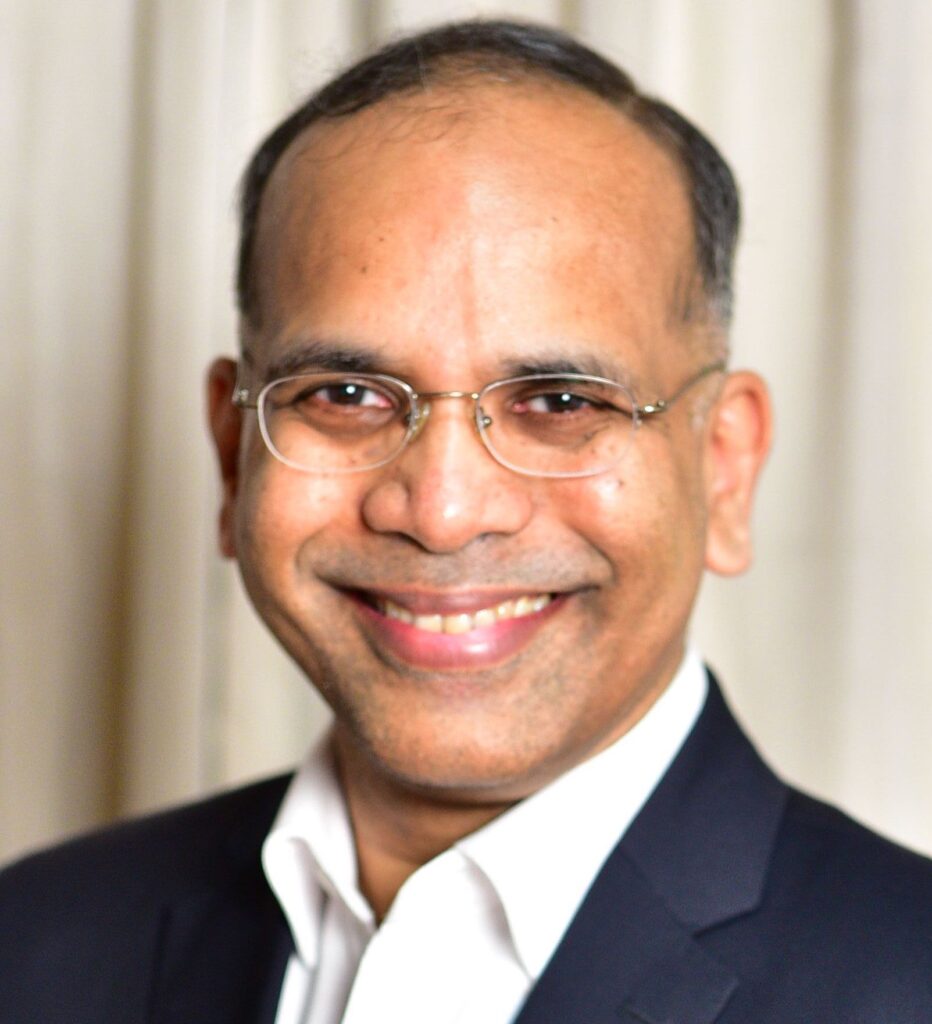“The price of freedom is eternal vigilance” – Thomas Jefferson
Democracy thrives when citizens actively engage in governance rather than relying solely on elected leaders to act in their best interest. The agency model of government – where citizens delegate power to representatives and expect them to govern responsibly – has repeatedly failed. Once in office, many leaders become self-serving, prioritizing personal gain over public welfare. Moreover, many years in power disconnect leaders from the interests of the people. This disconnect between government and the people underscores the need for constant vigilance and participation from citizens.
Accountability is at the heart of a functioning democracy. Leaders must be reminded that their power is derived from the people, not the other way around. Without citizen oversight, corruption flourishes, and political elites remain unchecked. Recent events in Sri Lanka exemplify the impact of civic engagement. When the Speaker of Parliament faced allegations
of false credentials, public pressure mounted against him, leading to his resignation. This case highlights how collective action can uphold democratic integrity and ensure that no leader is above scrutiny.
Active citizen participation – through protests, advocacy, and demanding transparency -remains the most effective safeguard against government excess. When people remain passive, democracy weakens, allowing unchecked power to erode institutions. Sri Lanka’s recent episode serves as a reminder that when citizens raise their voices, change is possible.
Holding leaders accountable is not just a right; it is a responsibility that ensures democracy remains a government for the people, by the people.


Leave a Reply